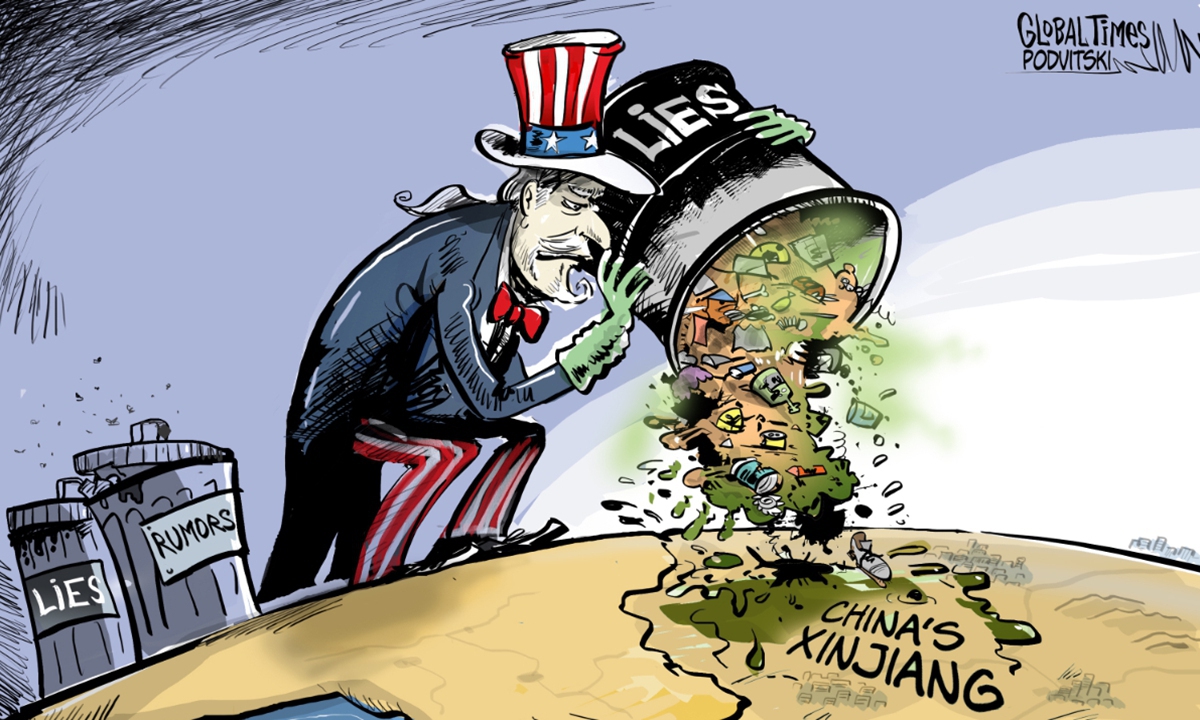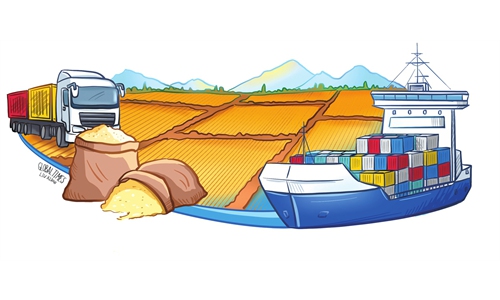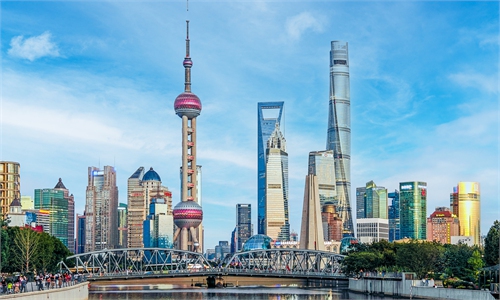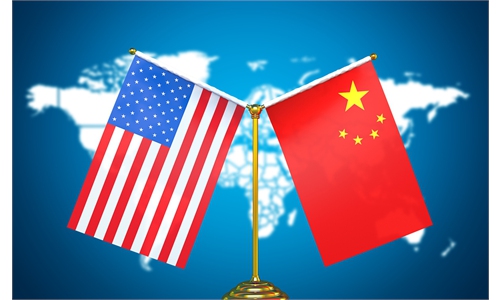
Slandering Xinjiang Illustration: Vitaly Podvitski
Western media outlets periodically hype the geopolitical implications and challenges that foreign companies face when doing business in Northwest China's Xinjiang Uygur Autonomous Region.A recent example is an article in The New York Times, headlined "For Companies in China, Pulling Out of Xinjiang Poses 'Messy Dilemma'," which claimed on Tuesday that an investigation by China into American clothing retailer PVH has "escalated concerns among foreign companies" about the future of their operations in the country.
While Western media outlets appear to be initiating a discussion about concerns regarding the business prospects of foreign companies in China, a closer examination into this incident reveals that the so-called "dilemma" is not a result of China's actions. Instead, it stems from unfounded accusations and sanctions imposed by certain Western countries based on misinformation and false claims.
The US has fabricated the so-called issue of "forced labor," attempting to coerce American companies into joining the bandwagon of suppressing the development of China's Xinjiang region. This is the root cause of the dilemma faced by American enterprises today.
The Ministry of Commerce (MOFCOM) has initiated an investigation into PVH, as the US company is suspected of violating normal market trading principles, and boycotting cotton and other products from Xinjiang without a factual basis, according to a statement by the MOFCOM.
This investigation aims to determine whether the company has cooperated with the US government's discriminatory suppression of Xinjiang-related products. It serves as a firm defense against unfair trade practices, rather than an expression of hostility toward any company operating legitimately in China.
As one of the world's largest textile producers, China has a well-established supply chain and manufacturing base. The attempts by Western countries to undermine China's textile industry by restricting imports of Xinjiang cotton not only violate the basic principles of international trade but also have serious implications for the global supply chain.
China cannot passively accept such reckless actions that hinder its legitimate trade; instead, it will take decisive measures to safeguard its market interests.
In this context, if American companies are feeling pressure and want to seek relief, they should look to Washington, as it is the source of the challenges they face, and China is merely responding appropriately to the situation.
When Washington formulates relevant policies, is there an awareness that these restrictive measures may ultimately undermine the economic interests of these companies?
To some extent, for foreign companies in China, the pressure may serve as a reminder that it is impossible to jeopardize China's sovereignty, security and development interests, while also profiting in China. It compels these companies to meticulously scrutinize their business practices, ensuring they align not only with international trade regulations but also with local laws.
Historically, China has extended a warm welcome to foreign investment, recognizing the mutual benefits that such partnerships can bring. However, it is essential for these companies to navigate the geopolitical landscape with care.
Should they choose to align themselves with Washington's discriminatory stance toward Xinjiang, they may face significant repercussions that could jeopardize their reputation in the Chinese market.
In light of the West's scheme of "using the Xinjiang issue to contain China," it is crucial for China to take necessary measures to protect the legitimate rights and interests of relevant industries.
China will firmly oppose any unreasonable and discriminatory trade restrictions directed at it, uphold fairness and order in international trade, and warmly welcome all foreign-invested companies willing to adhere to the rules and respect the market in order to invest and operate in the country.



